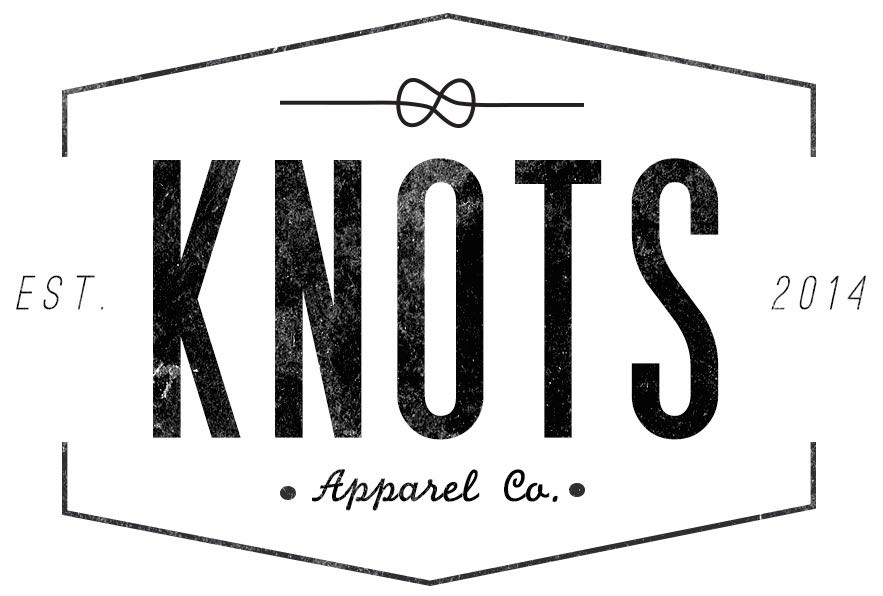Brands We Love: Shinola
One of the things I’ve inherited from my father is an appreciation for TIME magazine. Growing up, I always admired his official looking leather briefcase and within it I’d often catch glimpses of the magazine’s trademark red framed cover surrounded by countless legal documents. My dad began sharing articles with me as I became a bit more aware of the world around me and developed my own interests. Surfing, space, music and politics were constantly on my mind and dad fueled these interests by pulling pages he thought I’d appreciate out of the latest edition of TIME. I would often come home from school to find a couple of ragged edged pages on my pillow with a note encouraging me to read up. These moments serve as some of my fondest memories of adolescence, and I obviously subscribe to TIME today.
In 2013, when Knots was in transition and between designers, I came across an article in TIME spotlighting a reinvigorated brand led by Tom Kartsotis. Tom was the principal designer of Fossil Watches and the founder of Bedrock Brands, a venture capital firm. The article was about his firm’s efforts to reinvent the old Shinola brand.
A brief history of Shinola: Founded as a shoe polish company in 1907, the brand obtained popularity during World Wars I and II and notoriety through the expression “You don’t know Shit from Shinola.”
Tom’s concept was to redefine Shinola, a company deeply rooted in 20th century American History but limited by a product that doesn’t necessarily inspire brand loyalty. In my opinion, the potential was tremendous and the idea, genius. People already recognized and resonated with the brand which provided Tom and his firm with a solid foundation to work with. But let’s be honest, when was the last time you got excited about shoe polish? Right. So they started producing cool products marketed towards individuals with a bit more spending cash and a value for good design and quality. Building upon the brand’s reputation as an American tradition, Tom re-established Shinola’s manufacturing headquarters in Detroit and decided to build the brand’s identity around a reinvigoration of the American factory. Today, they’re producing visually unique watches with a simple and elegant circular frame and dial. Higher end bicycles and leather journals are also offered through their website and local retail stores. Naturally, both the article and company inspired me. Shinola has absolutely influenced the Knots brand in a positive way and we aspire to increase our domestic manufacturing footprint soon.
Okay, let’s recap… In Shinola, we’ve got a clever American entrepreneur trying to create American jobs and inspire consumers to spend their money on more than just superficial motivations. Simultaneously, he is trying to build a profitable company that will enable him to increase his benevolent influence. So what comes next? Obviously, intense criticism from bloggers and worse, the mainstream media. What did you expect?
Recently, Shinola has been taking heat for sourcing some of its components from Switzerland. It also contracts Swiss watch-making expertise to train their employees, though the vast majority of their production is managed domestically within the Detroit factory. Others have condemned the company’s use of Detroit’s heritage and its association with American manufacturing as exploitive and label Sinola’s headquarter move as a disimpassioned marketing technique.
Umm… okay. Let’s have a conversation about capitalism. Starting a profitable company is really hard. Starting a company that is willing to dramatically reduce its margins to realize and promote its own values is even harder. If an entrepreneur is willing to invest his own resources in a vision based on a value driven mission, aren’t they entitled to market that as part of their brand’s identity? I absolutely think so and I’m willing to pay a premium for products that represent more than what they are, commodities.
The fact that Shinola brings in Swiss expertise to train its American employees is an investment in Detroit’s workforce that Shinola doesn’t have to make. It could easily reduce its overhead expenses and produce products overseas, where the resources are established and exist at a lower wage. It’s easy to cast criticism on others without trying to improve their model and never producing or contributing anything to the world in which we live. Excuse me if I don’t sound empathetic to those who criticize Shinola and other socially conscious for-profit companies.
At best Shinola is a conscious company that produces really slick looking watches and cares about and invests in the community and country within which it operates. At worst, it is a company with a genius marketing approach that produces really slick looking watches and has created 230 jobs in the aftermath of a terrible recession. I, the eternal optimist, am inclined to believe the former. I can also assure you that my future children will inherit a stylish, vintage Shinola watch along with my affinity for TIME magazine.

